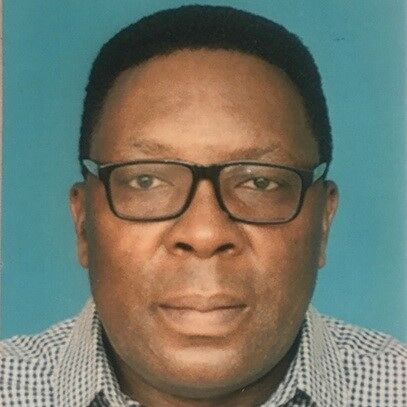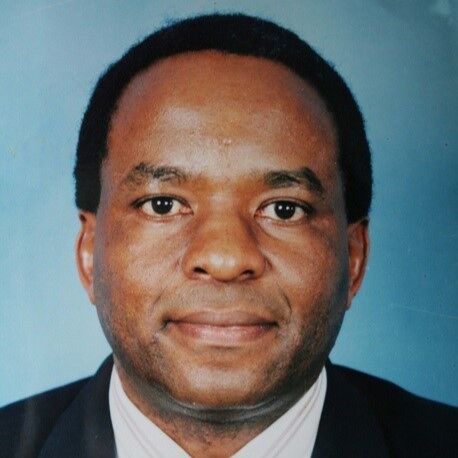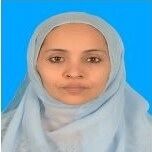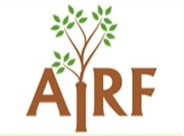About AIRF
AIRF is a non-for profit, development organization headquartered in Arusha, Tanzania, with branches in Dar-es-Salaam and Kagera, Tanzania. It is registered with a certificate O1NGO/1162 under the Non-Governmental Organization Act. No. 24 of 2002, Section 12(2), Tanzania. AIRF designs, develops and implements solutions that integrate and promote societal transformation and systemic change, gender, youth, equity, social inclusion, in the agricultural, fisheries, environmental management, manufacturing, research and development, and development sectors at the community, national, and regional scale.
Areas of expertise and services delivery
AIRF provides technical expertise, knowledge and technical and business support services in: Strategic Plan Development; Business Planning and Implementation Support; Skills Development; Technology and Best Practices Transfer; Productive Capacity Building; Environment Management and Climate Change; and Youth and women economic empowerment for income security, decent work, and economic autonomy. Other areas of expertise include: Agriculture, Fisheries and Livestock Development; Enterprise Development; Rural Industrialization; Sector and Firm Transformation; Institutional Strengthening; Policy and program design; and Economic Growth. AIRF has supported several projects in Tanzania, Kenya, Uganda, and South Africa. It has a strong network and provides strategic and technical guidance to multi-sectoral stakeholders.
Our multidisciplinary research team is composed of staff with technical backgrounds in economic, social, environmental and industrialization areas. Our mission is to innovate and implement solutions and interventions that are both socio-economically sustainable and scalable, using cluster-based research, joined-up approaches, and strategic partnerships. AIRF researchers are fluent in English, Kiswahili, Polish, Japanese, and other local East African languages.
Among the current areas of focus include: i) Institutional or corporate strategy and business plan development, updating and refinement in line with aspirations and resource options; ii) Conducting policy and feasibility analyses to ensure coherence of advice to programs, project design and implementation support; iii) Supporting organizations in developing, and consolidating sector/firm-specific strategies and policies on Sustainability, Climate Change and ESG; and iv) Preparation of the mid-term and final monitoring, evaluation and learning reviews (M&EL) and periodical and special updates and reports.
Our priority partners are public and private sector entities, multi-government stakeholders, donors, community-based organizations, NGOs, philanthropic foundations, academic and research institutions, social enterprises, and individuals.
Meet Our Best Team
Meet the dedicated individuals behind AIRF who are committed to driving agricultural innovation and economic empowerment in Tanzania.



